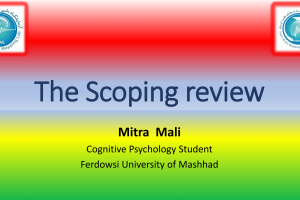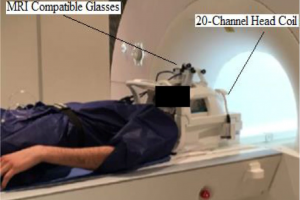Mild Exercise Boosts Cognitive Function in Older Adults
Regular mild exercise can enhance cognitive function in older adults, according to a recent study. The research discovered that low-intensity cycling three times a week for three months significantly improved the executive function of older adults, particularly those aged 68-78.
These cognitive enhancements were linked to increased efficiency of the prefrontal cortex, the area of the brain controlling executive functions. This finding may influence the design of exercise programs tailored for older individuals with low fitness levels or limited motivation to exercise.
Maintaining and promoting cognitive function in older adults can be aided by regular exercise.
While previous research has focused on the effects of moderate- to high-intensity aerobic exercise programs lasting anywhere from six months to a year on executive function—controlled by the prefrontal cortex—the challenge lies in motivating individuals to engage in and adhere to rigorous exercise routines.
Building upon prior investigations conducted by investigators at the University of Tsukuba and the University of California, Irvine, it has been observed that even brief sessions of mild exercise, such as walking and yoga, can stimulate the brain and yield temporary improvements in cognitive performance.
However, until now, the impact of long-term mild aerobic exercise on brain function in humans, as well as the underlying mechanisms involved, remained unexplored.
For this study, a group of healthy middle-aged and older adults (aged 55–78) were randomly divided into two groups: one performed low-intensity bicycle exercise three times a week for three months (exercise group), while the other group continued their normal daily routine (control group).
The research team evaluated the participants’ executive function using a Stroop test and assessed prefrontal cortex activity during the task using functional near-infrared spectroscopy before and after the intervention.
The findings, published in the journal GeroScience, revealed that the exercise group exhibited significant improvement in executive function compared to the control group. Notably, when analyzing the data by age, the benefits of mild exercise were particularly pronounced in the older adult group (aged 68–78).
The underlying brain mechanism behind this improvement involved an increase in the efficient activation of the prefrontal cortex. In other words, executive function was high while corresponding brain activation was relatively low.
These results suggest that even three months of mild exercise can strengthen the brain’s functional networks, enabling the prefrontal cortex to be utilized more efficiently during the Stroop test.
This discovery highlights the positive impact of stress-free mild exercise over a three-month period in strengthening the prefrontal cortex and enhancing cognitive function among older adults.
The findings are expected to contribute to the development of new exercise programs and strategies that improve executive function and are easily accessible for older individuals with low physical fitness levels and limited motivation to exercise.





Related Posts